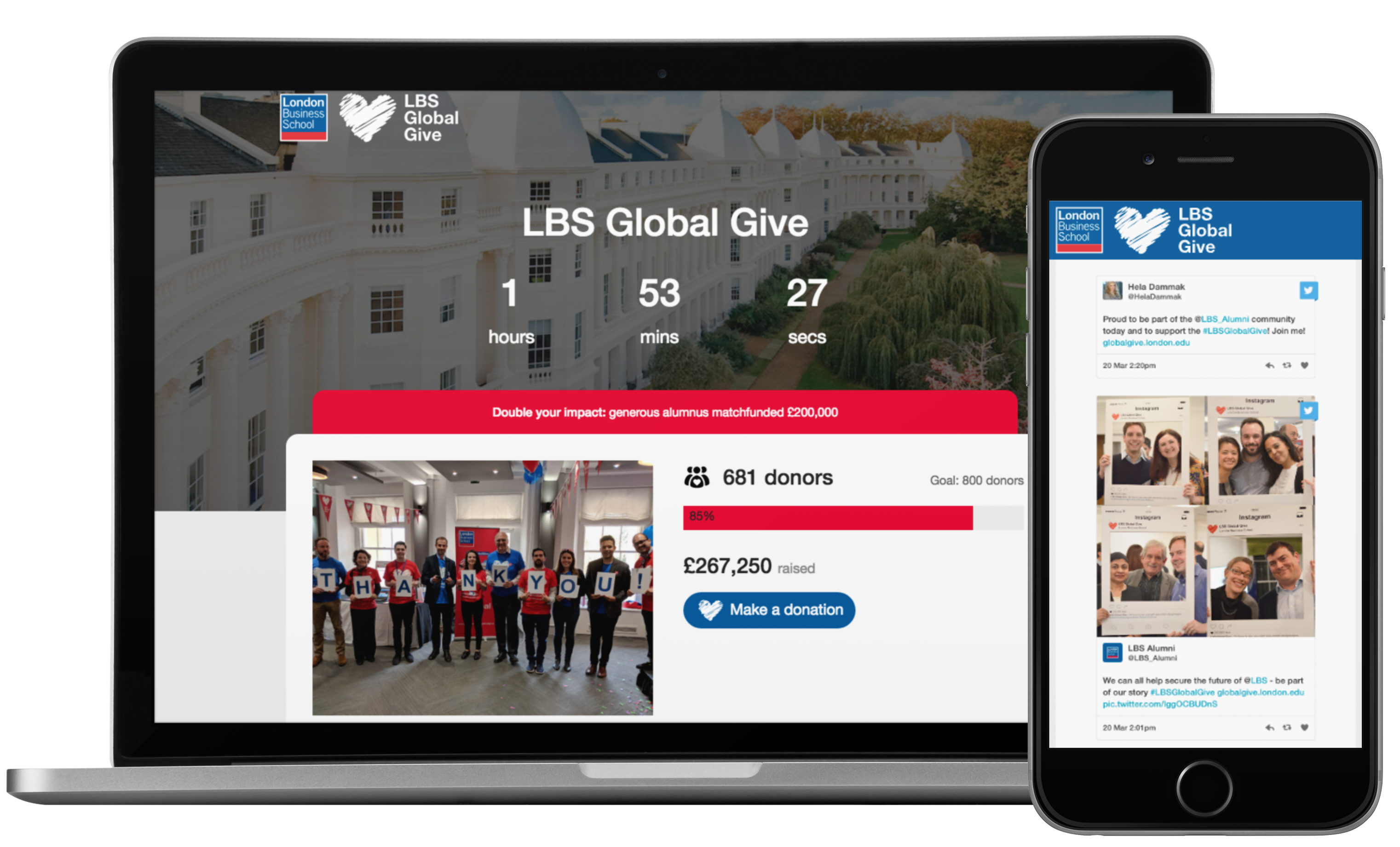Cookie Consent
By clicking “Accept”, you agree to the storing of cookies on your device to enhance site navigation, analyze site usage, and assist in our marketing efforts. View our Privacy Policy for more information.

We work with a third of the UK's university fundraising offices and many more around the world.






The passions of your donors are what drives the success of your digital campaign, not the other way around. See how Hubbubs' products and services can help increase donor-led engagement.

Giving Days are hard work to plan, and your team will be extremely busy in the build-up and during the 36 hours of the day itself, but they are a unique opportunity to get everybody in your institution having fun and pulling together to do something good.
Read their story
The Hubbub team were an absolute delight to work with and I would not hesitate to recommend them. They truly felt like an extension to our in-house team.
Read their story